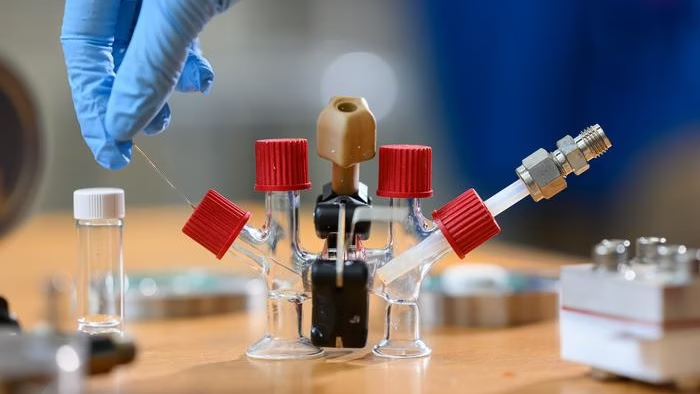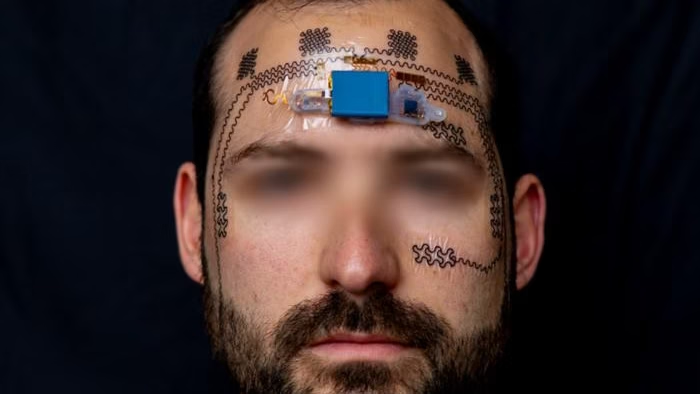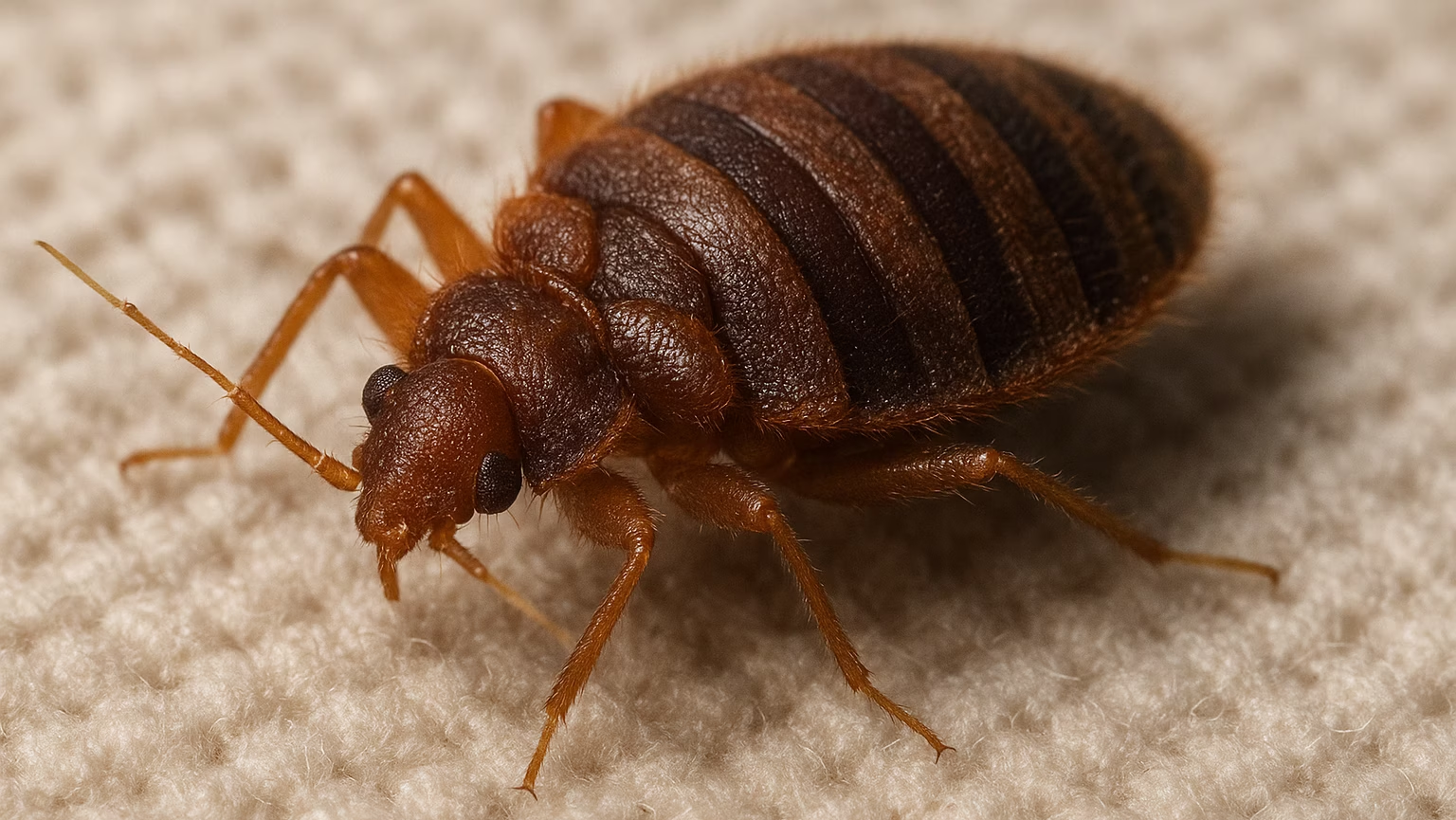A collection of studies reveal that coffee and tea consumption may influence different head and neck cancer risks.
From Wiley 01/01/25 (first released 23/12/24)

In a recent analysis of data from more than a dozen studies, coffee and tea consumption was linked with lower risks of developing head and neck cancer, including cancers of the mouth and throat.
The findings are published by Wiley online in CANCER, a peer-reviewed journal of the American Cancer Society.
Head and neck cancer is the seventh most common cancer worldwide, and rates are rising in low- and middle-income countries.
Many studies have assessed whether drinking coffee or tea is associated with head and neck cancer, with inconsistent results.
To provide additional insight, investigators examined data from 14 studies by different scientists associated with the International Head and Neck Cancer Epidemiology consortium, a collaboration of research groups around the globe.
Study participants completed questionnaires about their prior consumption of caffeinated coffee, decaffeinated coffee, and tea in cups per day/week/month/year.
When investigators pooled information on 9,548 patients with head and neck cancer and 15,783 controls without cancer, they found that compared with non-coffee-drinkers, individuals who drank more than 4 cups of caffeinated coffee daily had 17% lower odds of having head and neck cancer overall, 30% lower odds of having cancer of the oral cavity, and 22% lower odds of having throat cancer.
Drinking 3–4 cups of caffeinated coffee was linked with a 41% lower risk of having hypopharyngeal cancer (a type of cancer at the bottom of the throat).
Drinking decaffeinated coffee was associated with 25% lower odds of oral cavity cancer.
Drinking tea was linked with 29% lower odds of hypopharyngeal cancer.
Also, drinking 1 cup or less of tea daily was linked with a 9% lower risk of head and neck cancer overall and a 27% lower risk of hypopharyngeal cancer, but drinking more than 1 cup was associated with 38% higher odds of laryngeal cancer.
“While there has been prior research on coffee and tea consumption and reduced risk of cancer, this study highlighted their varying effects with different sub-sites of head and neck cancer, including the observation that even decaffeinated coffee had some positive impact,”
said senior author Yuan-Chin Amy Lee, PhD, of Huntsman Cancer Institute and the University of Utah School of Medicine.
“Coffee and tea habits are fairly complex, and these findings support the need for more data and further studies around the impact that coffee and tea can have on reducing cancer risk.”
More info
You may also be curious about:
-

Skin bacteria help protect us from sunlight
-

New brain-reading video game reduces chronic nerve pain
-

Black tea and berries could contribute to healthier aging
-

Viral mouth-taping trend ‘sus’ says Canadian sleep expert
-

New sodium fuel cell could enable electric aviation
-

The most extreme solar storm hit Earth over 14,000 years ago, scientists identify
-

Electronic face tattoo gauges mental strain
-

Solitonic superfluorescence paves way for ambient temp quantum computing
-

Cosmic mystery deepens as astronomers find object flashing in both radio waves and X-rays
-

The rotors are also the wheels on this morphobot
-

Bed bugs are most likely the first human pest, 60,000 years and counting
-

What lurks beneath? Only 0.001 percent of the deep seafloor has been imaged
